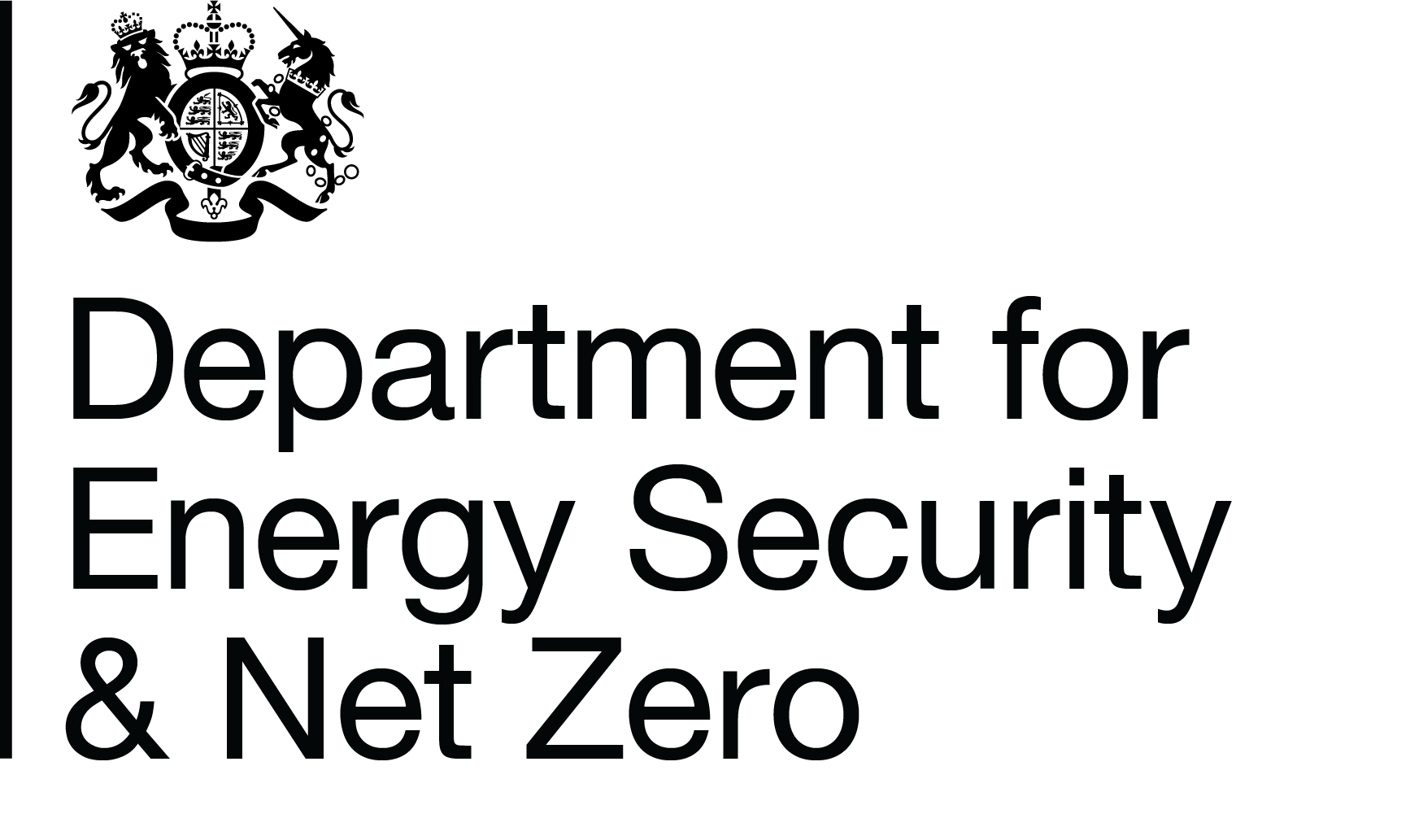Reforming the Business Energy Efficiency Tax Landscape
Overview
This consultation was carried out by the Department of Energy and Climate Change. In July 2016, the department merged with the Department for Business and Innovation and Skills to form the Department for Business, Energy and Industrial Strategy.
Please see full consultation document at this link: https://www.gov.uk/government/consultations/consultation-reforming-the-business-energy-efficiency-tax-landscape
Subject of this consultation:
Following the announcement of a review of the business energy efficiency tax landscape at the Summer Budget, this consultation seeks evidence and sets out policy proposals to simplify and improve the effectiveness of the landscape in supporting the government’s objectives around simplicity, productivity, security of energy supplies and decarbonisation.
Scope of this consultation:
This review considers the interactions between business energy policies and regulations, including the Climate Change Levy (CCL), the Carbon Reduction Commitment Energy Efficiency Scheme (CRC), taxes on other fuels – e.g. heating oils, Climate Change Agreements (CCA), mandatory greenhouse gas (GHG) reporting, the Energy Saving Opportunity Scheme (ESOS), Enhanced Capital Allowances (ECAs), and the Electricity Demand Reduction (EDR) pilot.
Who should read this:
Businesses, representative bodies, public and third sector organisations, think tanks, academics and other interested parties.
Duration:
The consultation was launched on the 28th of September and will conclude by the 9th of November. As part of the overall policy-making development, previous engagement with businesses, academics and other bodies has taken place prior to this consultation in order to create an evidence base and, depending on the outcome, the government will follow with further communication and discussions with interested groups after this consultation.
Lead official:
Khalid Aly, HM Treasury.
How to respond or enquire about this consultation:
Please complete consultation on Citizenspace or email businessenergyefficiencyreview@hmtreasury.gsi.gov.uk, or alternatively send responses to Khalid Aly, Energy & Transport Tax, 1 Yellow, 1 Horse Guards Road, HM Treasury, SW1A 2HQ.
Additional ways to be involved:
The government will hold a number of working groups with stakeholders on the proposals set out in this consultation. If you are interested in being involved, please send an email to businessenergyefficiencyreview@hmtreasury.gsi.gov.uk to register your interest.
Sharing consultation responses:
Responses from this consultation will be shared with the Department of Energy and Climate Change (DECC), HM Revenue and Customs (HMRC) and the Department for Business, Innovation and skills (BIS).
After the consultation:
The government will consider all responses submitted to this consultation and is likely to publish its formal response at Budget 2016. Depending on the outcome of this consultation, the government may follow up with more detailed consultation on policy design and implementation.
Getting to this stage:
The government has been undertaking a review of the business energy efficiency tax landscape since the announcement at the Summer Budget. This involved reviewing evidence on the operation of existing schemes, looking at lessons learned from schemes overseas, and engaging with a wide range of businesses, academics and other bodies to inform this consultation.
What happens next
The government will consider all responses submitted to this consultation and is likely to publish its formal response at Budget 2016. Depending on the outcome of this consultation, the government may follow up with more detailed consultation on policy design and implementation.
Audiences
- Construction
- Investment
- Manufacturing
- Retail
- Property
- Finance
- Installer
- Landlord
- Universities
- The Devolved Administrations
- Charities and Third Sector organisations
- Non-Government Organisations
Interests
- Energy and climate change
- Energy efficiency
- Emissions
- Carbon markets
- Climate change
- Taxation
- Productivity
- Effectiveness
- Regulation
- Growth
- Competitiveness
- Investment
- Simplification
- Efficiency
- Stability


Share
Share on Twitter Share on Facebook